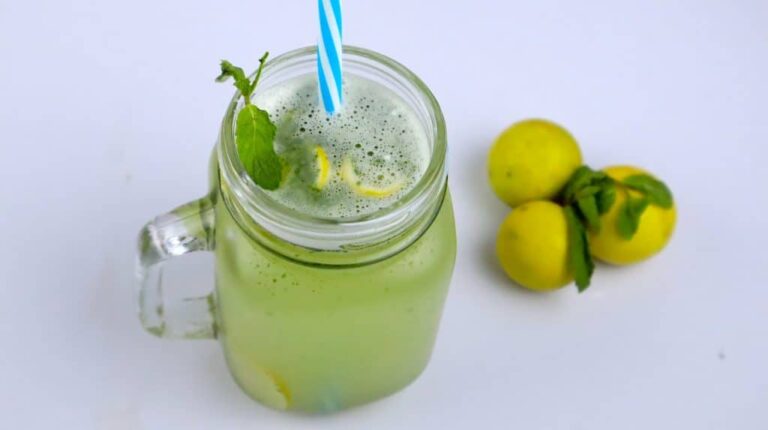A woven hamper basket is a kind of container traditionally made from natural materials, such as:
- wicker
- rattan
- bamboo
It is used for storing and organizing items, particularly laundry or household items. The woven design allows air circulation, preventing musty odors and allowing damp items to dry up.
Woven hamper baskets
Woven hamper baskets come in various shapes, sizes, and designs, but they feature sturdy construction with a lid or a removable fabric liner. The lid helps to conceal the contents and provide a neat appearance, while the liner helps to protect delicate fabrics and prevent them from snagging on the basket’s weave.
These baskets can’t just be used for laundry, but also for more. They can also be served as stylish storage solutions for:
- toys
- blankets
- towels
- any other items to keep organized
Some woven hamper baskets even come with handles, making them easy to transport from one room to another.
When selecting a woven hamper basket, consider the size and capacity based on your specific needs. Also, pay attention to the material and quality of construction to ensure durability and longevity. Woven hamper baskets can be found in home goods stores, department stores, and online retailers, offering a range of options to suit your style and budget.

Why are hamper baskets eco-friendly?
The hamper baskets are considered eco-friendly for several reasons:
- Natural materials. Hamper baskets are made from natural materials like wicker, rattan, bamboo, or seagrass. These materials are renewable and biodegradable, which means they have a minimal impact on the environment compared to synthetic or non-renewable materials.
- Sustainable sourcing. Many hamper baskets are crafted from sustainably sourced materials. Manufacturers ensure that the materials are harvested in a way that promotes the long-term health and regeneration of the plants or fibers used. It helps protect natural ecosystems and biodiversity.
- Biodegradability. When a hamper basket reaches the end of its life cycle, it can naturally decompose without releasing harmful pollutants or contributing to landfill waste.
- Low energy consumption. The production process for hamper baskets typically requires less energy compared to manufacturing synthetic or plastic containers. Traditional weaving techniques often involve handcrafting, which reduces reliance on machinery and electricity.
- Versatility and longevity. Hamper baskets are versatile and can serve multiple purposes over their lifespan. It can be used for laundry, storage, or as decorative elements in a room. By being durable and long-lasting, they reduce the need for frequent replacement, which helps conserve resources and reduce waste.
- Recyclability. Some hamper baskets are made from materials that can be recycled or repurposed. For example, certain types of wicker or rattan can be shredded and used as organic mulch, or the materials are transformed into new baskets or other products.
While hamper baskets can be eco-friendly, it is vital to consider the environmental impact of any accompanying accessories or packaging materials. Opting for minimal or recyclable packaging can further enhance the eco-friendliness of the overall product.










